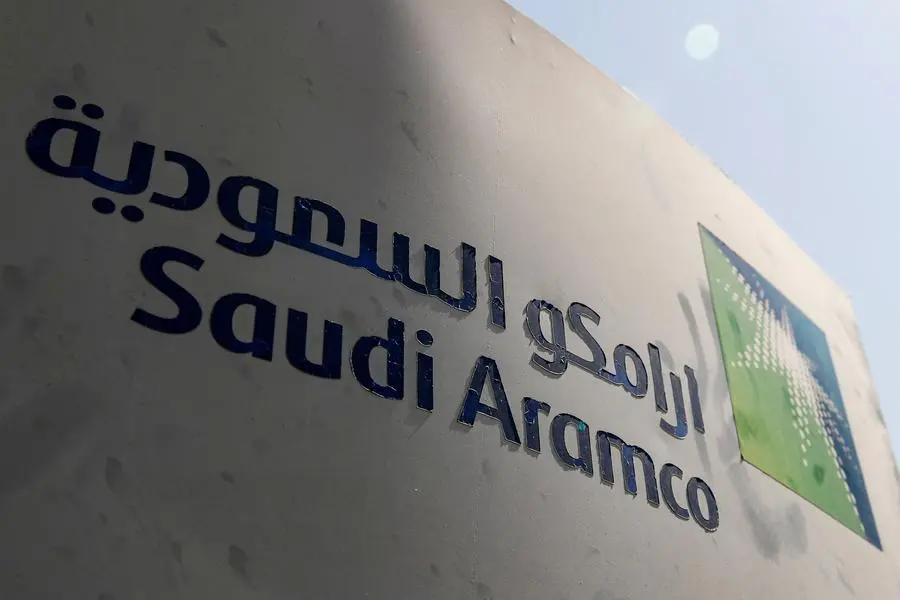PHOTO
Saudi Arabia has transferred an 8% stake in oil giant Aramco to the portfolio of the Public Investment Fund, doubling the PIF's direct and indirect holding as it steers the kingdom's plans to wean its economy off oil.
The stake is worth roughly $163.6 billion, according to Aramco's current market capitalisation, LSEG data shows.
PIF already directly owned a 4% stake of Aramco, transferred in 2022, and indirectly another 4% transferred last year to Sanabil, which it wholly owns.
Sources told Reuters last month that Saudi Arabia is poised to sell more shares of Aramco, which could boost financing for the Kingdom's Vision 2030 program. Aramco raised a record $29.4 billion from its initial public offering before the pandemic.
The PIF declined to comment on which entities the shares would be transferred to.
The transfer "is a continuation of Saudi Arabia’s long-term initiatives to boost and diversify the national economy and expand investment opportunities in line with Saudi Vision 2030," state news agency SPA said on Thursday citing Crown Prince Mohammed bin Salman, who chairs PIF.
"The transfer will also solidify PIF's strong financial position and credit rating," SPA added.
PIF sits at the centre of the de facto ruler's ambitious plan to diversify the economy by building so-called giga projects and new industries.
It has catapulted from sleepy sovereign investor into a global investment vehicle making multi-billion dollar bets on everything from technology and sports.
PIF invested $31.5 billion last year to become the world's top spending sovereign wealth fund. It had roughly $700 billion in assets under management before the new transfer.
"This is a private transfer and the Company is not a party to the transfer and did not enter into any agreements or pay or receive any proceeds from the transfer," Aramco said in a filing on the Saudi Exchange.
"The transfer will not affect the Company's total number of issued shares, and the shares transferred will rank equally alongside other existing ordinary shares in the Company," it said, adding it would have no impact on its operations, strategy, dividend policy or governance framework.
(Reporting by Clauda Tanios; writing by Yousef Saba and Nadine Awadalla; editing by Maha El Dahan and Susan Fenton)





















